Last Updated on: 30th December 2024, 10:52 am
Are you prepared to navigate HMRC’s latest penalty rules? From 2025, HM Revenue and Customs (HMRC) will be rolling out a stricter penalty regime for Self Assessment tax returns.
A flat £100 fine will apply for every late submission, regardless of whether any tax is owed. This policy aims to encourage timely tax filings and reduce administrative inefficiencies caused by delays.
For UK households and businesses, it’s a clear reminder of the importance of staying compliant with tax obligations. In this guide, we’ll explore the new rules, why they matter, and how to avoid falling into the penalty trap.
Understanding the HMRC Fine Policy
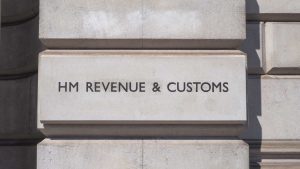
The £100 fine is part of HMRC’s effort to streamline tax compliance. Unlike previous penalty structures that allowed some leeway, this new system imposes the fine immediately upon missing the deadline.
Even if you have no tax liability or are due a refund, failing to file the required forms on time will still trigger the penalty. This change underscores HMRC’s no-tolerance stance on late submissions, reflecting its commitment to efficiency and fairness in the tax system.
Additional penalties may follow if the delay continues, making it essential to prioritise timely filings.
Key Dates to Remember for Self Assessment
Staying informed about key deadlines is crucial to avoid penalties. Here’s a quick breakdown:
| Key Date | Action Required |
|---|---|
| October 31, 2024 | Submit paper returns (for those filing on paper) |
| January 31, 2025 | Submit online returns and pay any owed taxes |
Missing these deadlines could lead to escalating penalties, starting with the initial £100 fine and increasing over time based on the delay.
Why the HMRC is Enforcing Strict Penalties?
The stricter enforcement is not merely about generating revenue through fines; it also addresses larger systemic issues. Late filings disrupt the efficient processing of tax data, delaying refunds and creating backlogs.
By implementing an automatic penalty, HMRC aims to:
- Encourage taxpayers to take their responsibilities seriously.
- Simplify enforcement by reducing the need for extensive follow-ups.
- Ensure that resources are allocated effectively to other pressing tax matters.
This policy also seeks to deter repeat offenders and promote a culture of punctuality in tax compliance across households and businesses.
Who Needs to File a Tax Return?
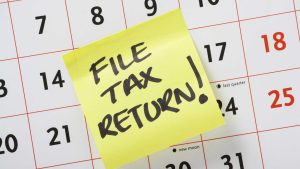
Understanding whether you need to file a Self Assessment tax return is crucial for staying compliant with HMRC regulations. Here are the primary categories of individuals required to file a return:
1. Self-Employed Individuals
If you are a sole trader and earned more than £1,000 before tax relief during the tax year, you are legally obligated to submit a Self Assessment tax return. This includes those with small side businesses or freelance income alongside regular employment.
2. Business Partners
Partners in any form of business partnership must file a Self Assessment tax return to report their share of profits or losses. This ensures that all partners are correctly taxed on their income from the business.
3. High-Income Earners
Individuals with a total taxable income exceeding £150,000 are required to file a tax return. This includes those earning from multiple sources, such as salaries, dividends, and rental income, which collectively push their earnings above the threshold.
4. Capital Gains Tax Filers
If you sold or disposed of assets like property, shares, or other investments that are subject to Capital Gains Tax, you must file a Self Assessment tax return. Even if the gain falls within the annual exempt amount, reporting may still be required under certain circumstances.
5. Child Benefit Recipients
Households where one or more earners are subject to the High Income Child Benefit Charge typically those with an income over £50,000 must file a Self Assessment tax return. This ensures the charge is correctly applied based on income levels.
Why Verifying Your Obligations is Crucial?
Each year, your financial circumstances may change, altering your tax responsibilities. For example, you might:
- Start a new job with additional income.
- Transition from employment to self-employment.
- Sell assets or make investments.
By reviewing your situation annually, you can ensure compliance with HMRC requirements and avoid penalties for failing to submit a return.
Filing a Self Assessment tax return is not just about avoiding fines it’s about staying informed and organised. Always consult HMRC’s guidelines or seek professional advice to confirm your obligations.
What Happens if You Miss the Deadline?
If you miss the filing deadline, the consequences can escalate quickly. The initial £100 fine is only the beginning. Over time, additional penalties, including daily fines and percentage-based charges, may accumulate.
For many, these escalating penalties are a bigger concern than the initial fine. HMRC also reserves the right to pursue legal action against those who repeatedly fail to comply, which could result in further financial or legal complications.
The key takeaway is that even minor delays can snowball into significant issues, so timely submission should always be a priority.
| Delay Period | Additional Penalty |
|---|---|
| 3 months late | £10 daily penalty (up to £900 total) |
| 6 months late | 5% of tax due or £300 (whichever is greater) |
| 12 months late | Further 5% of tax due or £300 |
In severe cases, HMRC may pursue legal action for prolonged non-compliance.
How to Avoid the £100 Penalty?

Compliance may seem daunting, but with proper planning, it’s entirely manageable. Here are key strategies to ensure you meet your obligations:
- Stay Organised: Maintain a clear record of all income sources, expenses, and relevant tax documents throughout the year.
- Use Technology: Tax software and apps can simplify calculations, reduce errors, and ensure accurate submissions.
- Set Alerts: Mark tax deadlines on your calendar and set reminders to avoid last-minute panic.
- Seek Expert Help: Professional accountants and tax advisors can guide you through the process, especially if your finances are complex.
- Submit Early: Filing your return well in advance allows time to address any unforeseen issues or errors.
With these practices, you can avoid unnecessary stress and safeguard yourself from penalties.
Common Mistakes That Lead to Late Submissions
Filing late isn’t always about negligence; sometimes, simple errors or misunderstandings lead to delays. Here are some of the most common pitfalls:
- Underestimating the Complexity: Many taxpayers assume the process will be quick and straightforward, only to realise too late that it requires more preparation.
- Procrastination: Leaving tasks until the last moment increases the likelihood of errors or technical issues.
- Not Understanding Requirements: Misinterpreting whether you need to file a Self Assessment can result in missed deadlines.
- Failing to Update Personal Details: Incorrect addresses or outdated contact information can lead to missed notifications from HMRC.
- Ignoring Notices: Overlooking reminders or penalty warnings can exacerbate the situation.
Avoiding these mistakes can significantly reduce your chances of incurring a fine.
Resources to Help You Stay on Track
HMRC provides several tools and services to assist taxpayers in meeting their obligations effectively. These resources are designed to make the process smoother, reduce errors, and ensure timely submissions. Here’s how you can leverage them:
- HMRC Online Portal: This platform offers step-by-step guidance for filing Self Assessment returns. It’s user-friendly and includes features like tax calculators and document upload options.
- Tax Help Line: If you have specific questions or face challenges during the process, HMRC’s dedicated helpline at 0300 200 3310 can provide real-time assistance.
- Accounting Tools: Software solutions such as Taxfiler and GoSimpleTax are excellent for individuals and small businesses. They simplify the filing process, perform automatic calculations, and ensure compliance with HMRC regulations.
- Professional Advice: Engaging an accountant or tax advisor can save time and reduce stress, especially if your finances are complex. Professionals offer personalised guidance, identify potential deductions, and help avoid costly mistakes.
For those who prefer to manage their finances independently, many of these resources integrate seamlessly with your workflow.
Reliable tax software can streamline the filing process, provide reminders for upcoming deadlines, and even highlight areas where you might reduce your tax liability.
Don’t hesitate to seek help if needed; the cost of assistance is often outweighed by the penalties and stress you avoid.
Reasonable Excuses for Late Filing

If you’ve missed the Self Assessment tax return deadline, HMRC does allow for penalty appeals in cases where a reasonable excuse prevented timely submission. However, the criteria for acceptable excuses are strict, and it’s essential to act swiftly to resolve the situation.
What Qualifies as a Reasonable Excuse?
A reasonable excuse is defined as an unforeseen or uncontrollable event that directly prevents you from filing your tax return on time. HMRC evaluates these situations on a case-by-case basis and requires evidence to support your claim.
Examples of Valid Excuses
Here are some commonly accepted reasons for late filing:
- Serious Illness: If you or a close family member faced a life-threatening illness or hospitalisation during the filing period.
- Death of a Relative: The passing of a partner or close family member shortly before the deadline.
- Technical Failures: Issues like software malfunctions or computer breakdowns that occurred while preparing your return.
- HMRC Service Disruptions: Downtime or errors with HMRC’s online platform that hindered submission.
- Natural Disasters: Events like fires, floods, or thefts that made it impossible to file on time.
- Unexpected Postal Delays: Delays beyond your control in sending paper returns or correspondence.
- Disabilities or Mental Illness: Conditions that impacted your ability to manage tax affairs within the given timeframe.
- Reliance on Others: If you depended on someone else to file your return and they failed to do so.
- Misunderstanding Legal Obligations: Being unaware of or misinterpreting your tax responsibilities.
What Does Not Count as a Reasonable Excuse?
HMRC explicitly excludes several excuses from being considered reasonable:
- Forgetting the deadline.
- Lack of a reminder from HMRC.
- Financial issues like bounced cheques or failed payments.
- Delays caused by reliance on third-party reminders.
How to Appeal a Penalty?
If you believe you have a valid reason for missing the deadline, you can appeal the penalty by contacting HMRC directly.
Provide a detailed explanation of the situation, along with any supporting evidence. Once your reasonable excuse is resolved, file your tax return or payment promptly to avoid further penalties.
HMRC emphasises the importance of acting quickly delays in filing, even after resolving the issue, may weaken your appeal.
Conclusion
The new £100 penalty for late Self Assessment tax returns serves as a wake-up call for all taxpayers.
Filing on time not only protects you from unnecessary fines but also helps maintain a healthy financial record with HMRC.
With proper planning, organisation, and the right tools, meeting your tax obligations can be straightforward.
Don’t let avoidable delays cost you start preparing now and stay compliant to avoid future headaches.
FAQs About HMRC to Fine UK Households 100 for Late Self Assessment Tax Returns Starting January 2025?
Why is HMRC introducing stricter penalties?
The new penalty system ensures fairness and encourages timely tax submissions, helping HMRC manage resources more efficiently.
What should I do if I’m unsure about my tax obligations?
Consult HMRC’s online resources or seek advice from a professional accountant to clarify your responsibilities.
Can I avoid penalties if I miss the deadline for a genuine reason?
You can appeal fines if you have a valid reason, such as medical emergencies or technical issues, but evidence is required.
Do I still need to file if I don’t owe any tax?
Yes, even if you owe no tax or are eligible for a refund, you must file on time to avoid penalties.
Are there penalties beyond the £100 fine?
Yes, additional fines may accrue over time if you continue to delay your submission.
How can I simplify the filing process?
Use tax software, stay organised, and consider consulting a tax professional for guidance.
What happens if I repeatedly file late?
Repeat offences may lead to higher fines and, in extreme cases, legal action from HMRC.
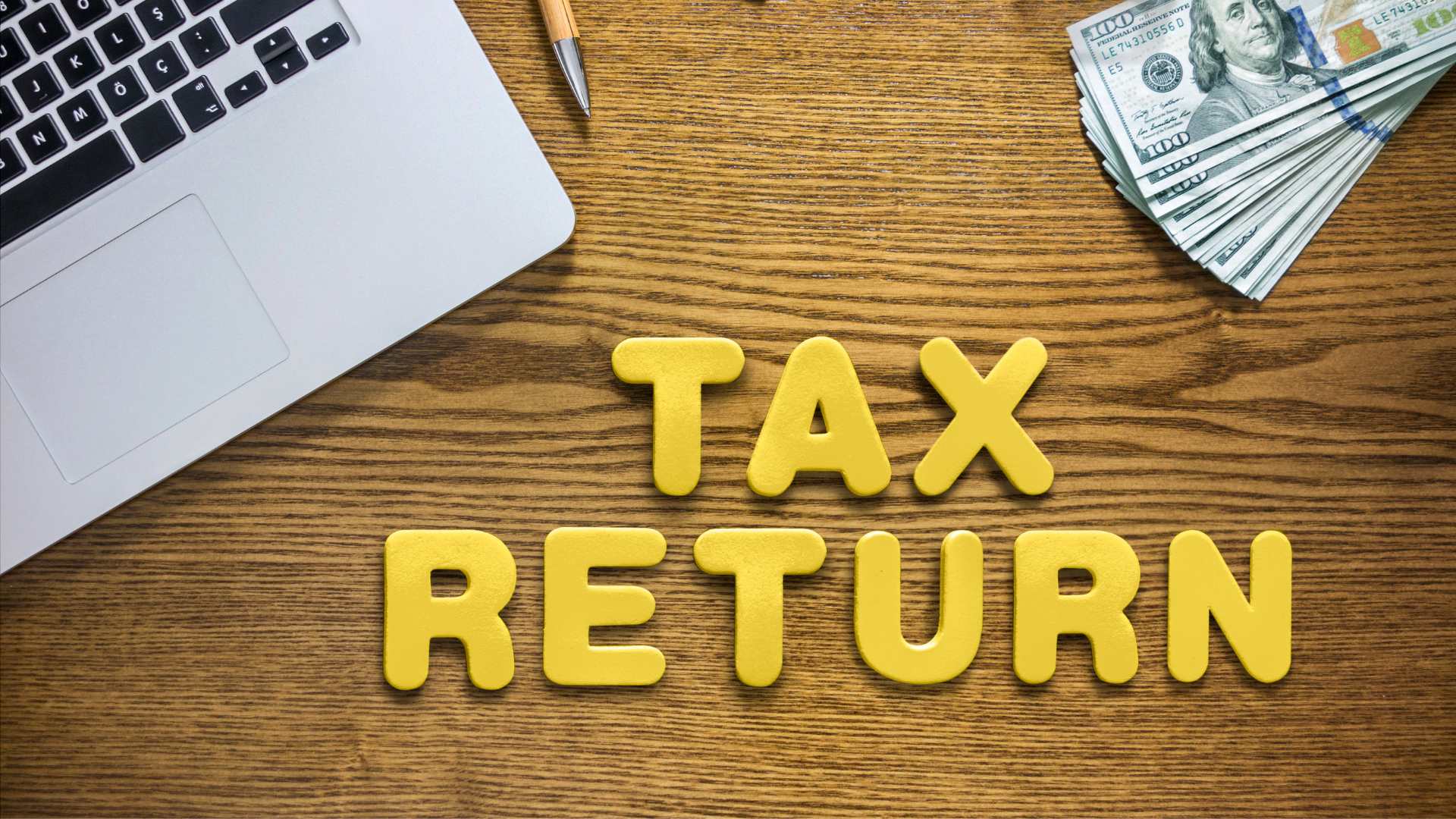















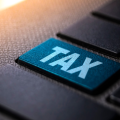
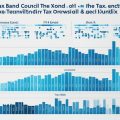


No Comments
Leave a comment Cancel